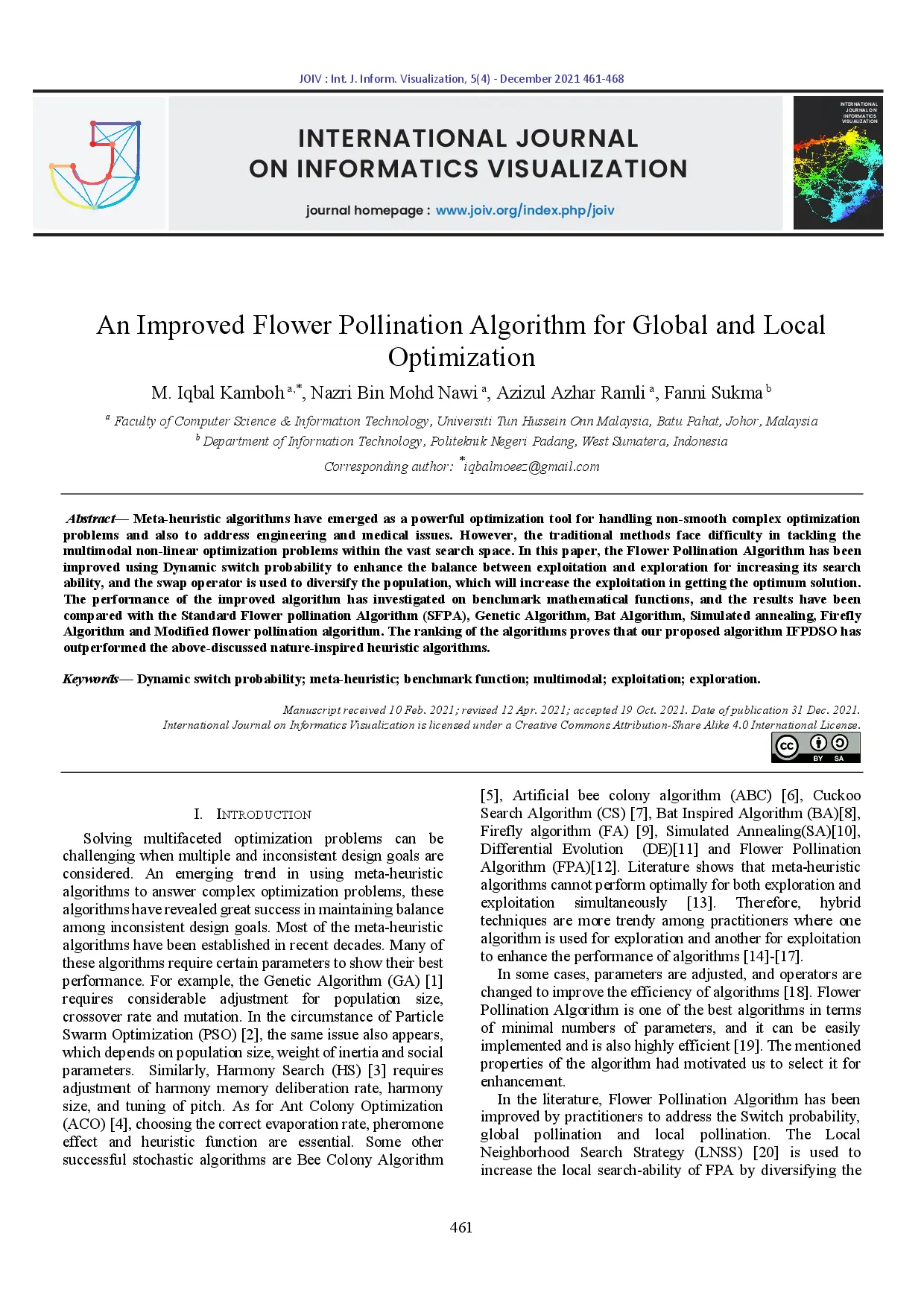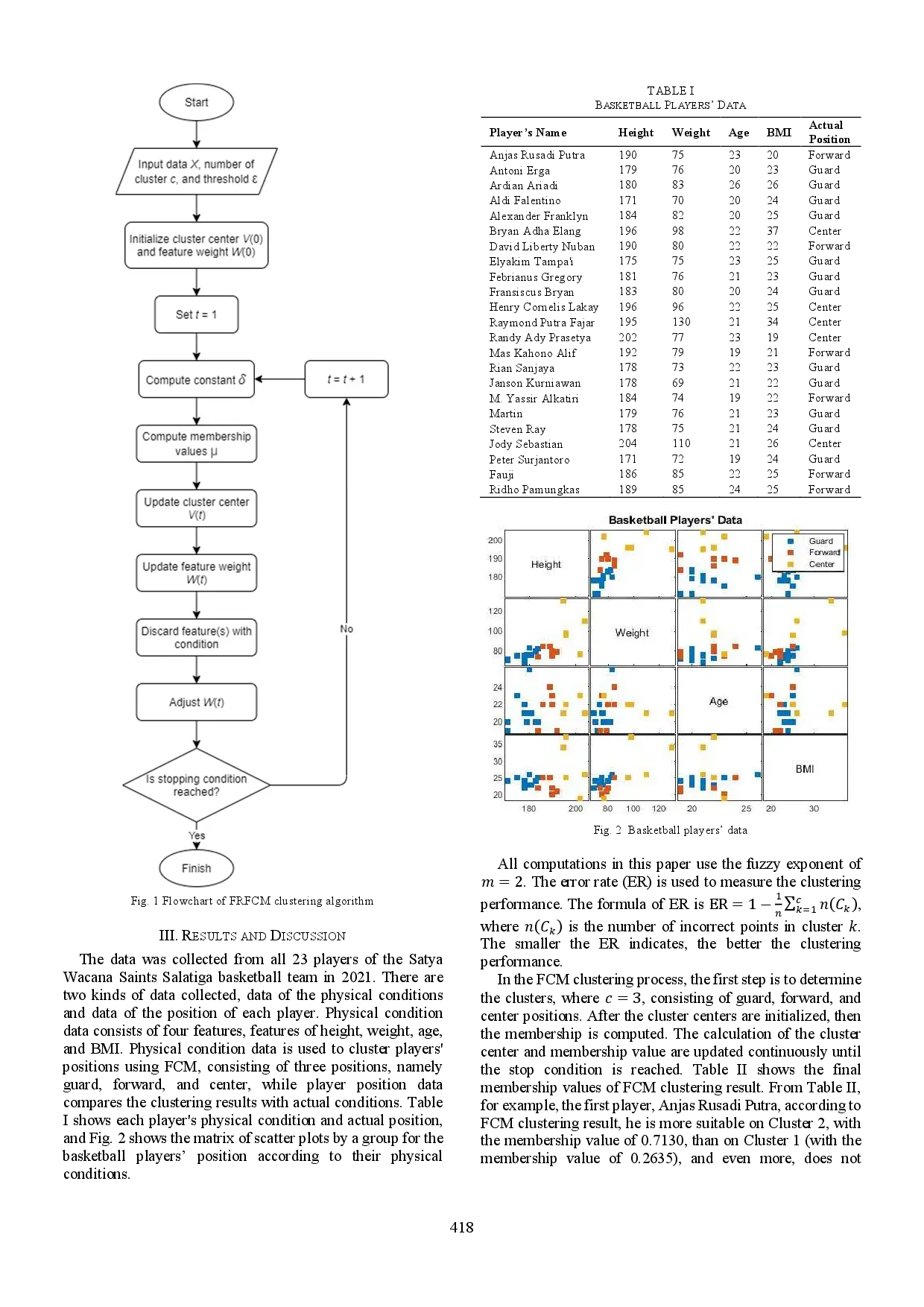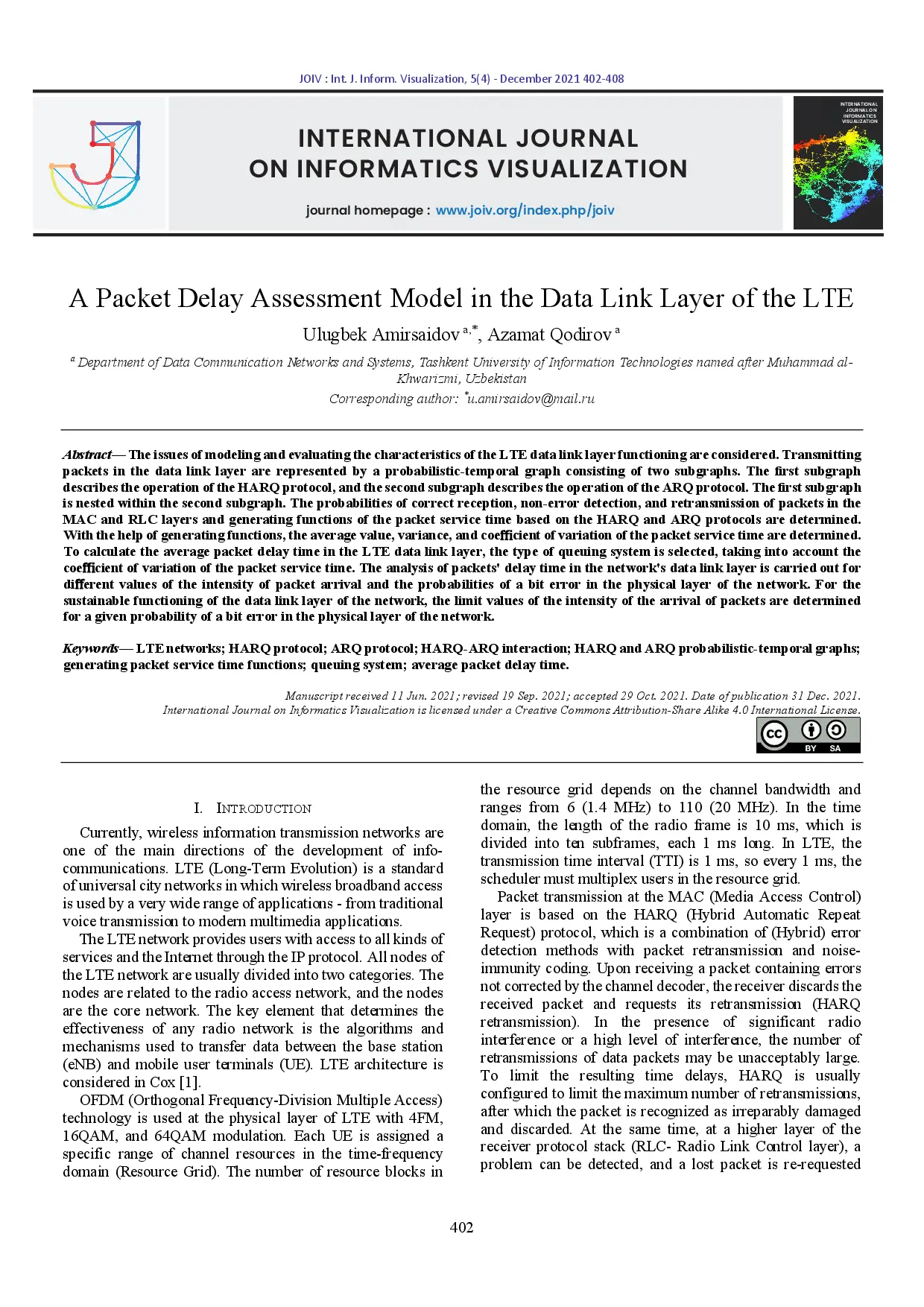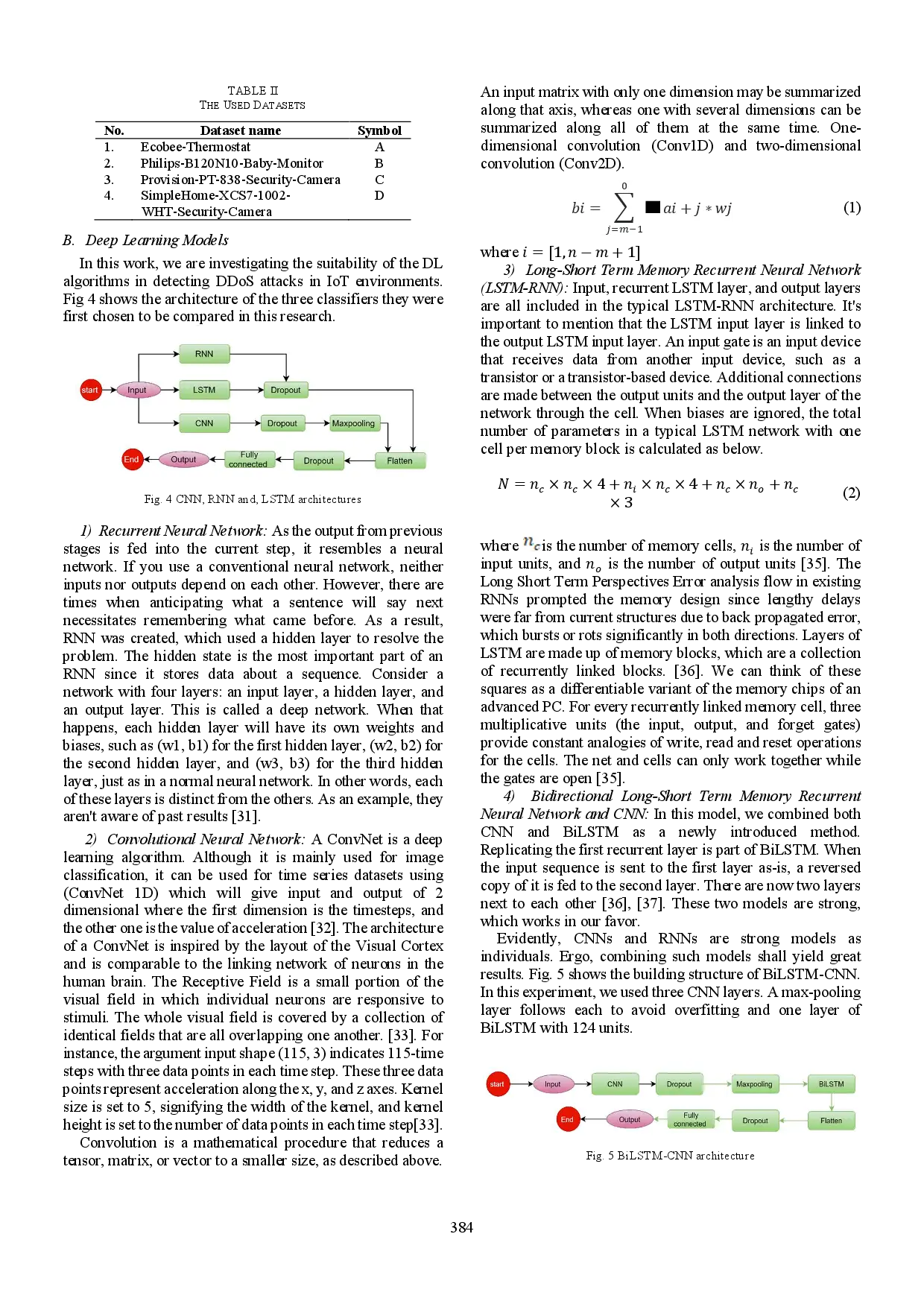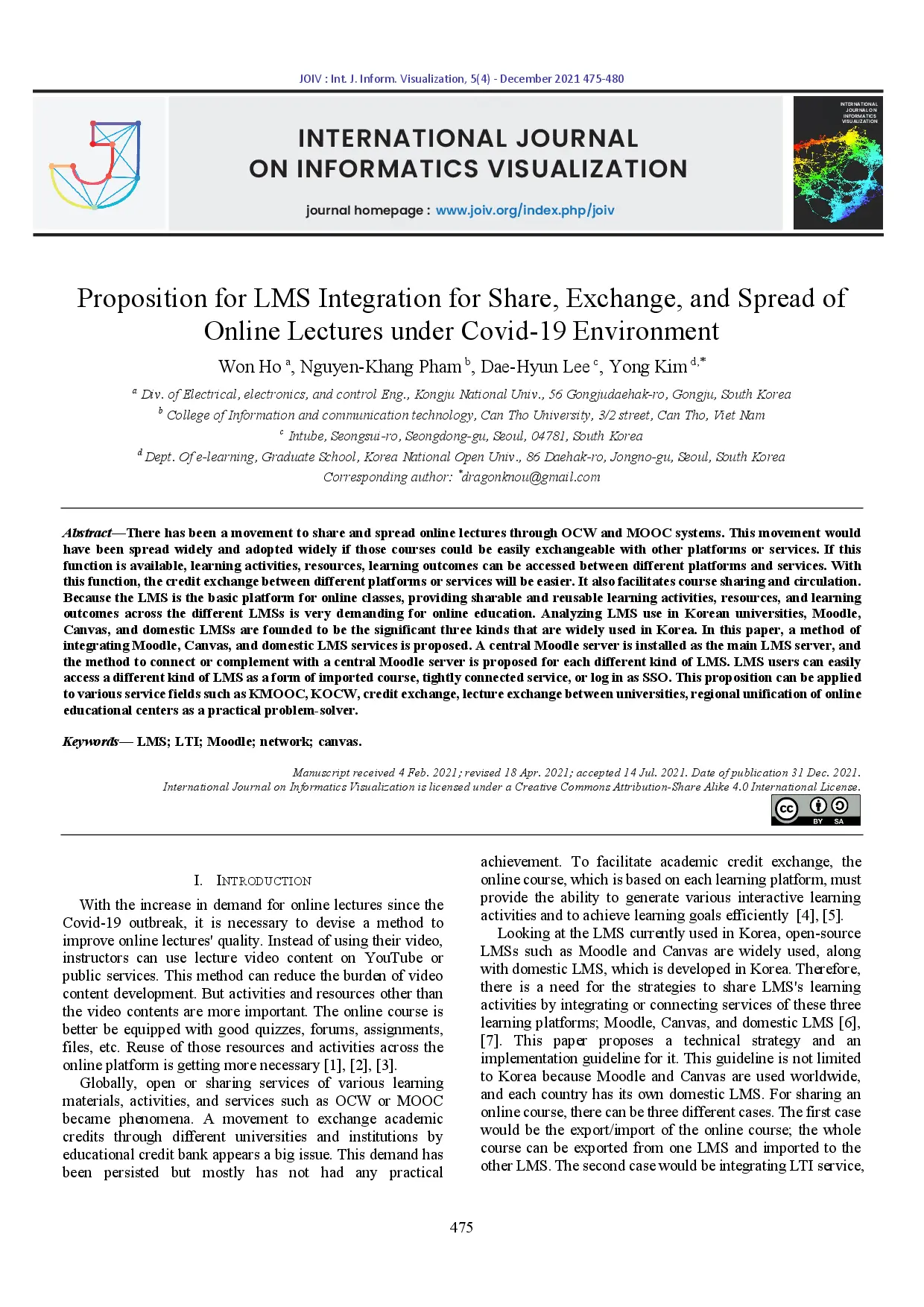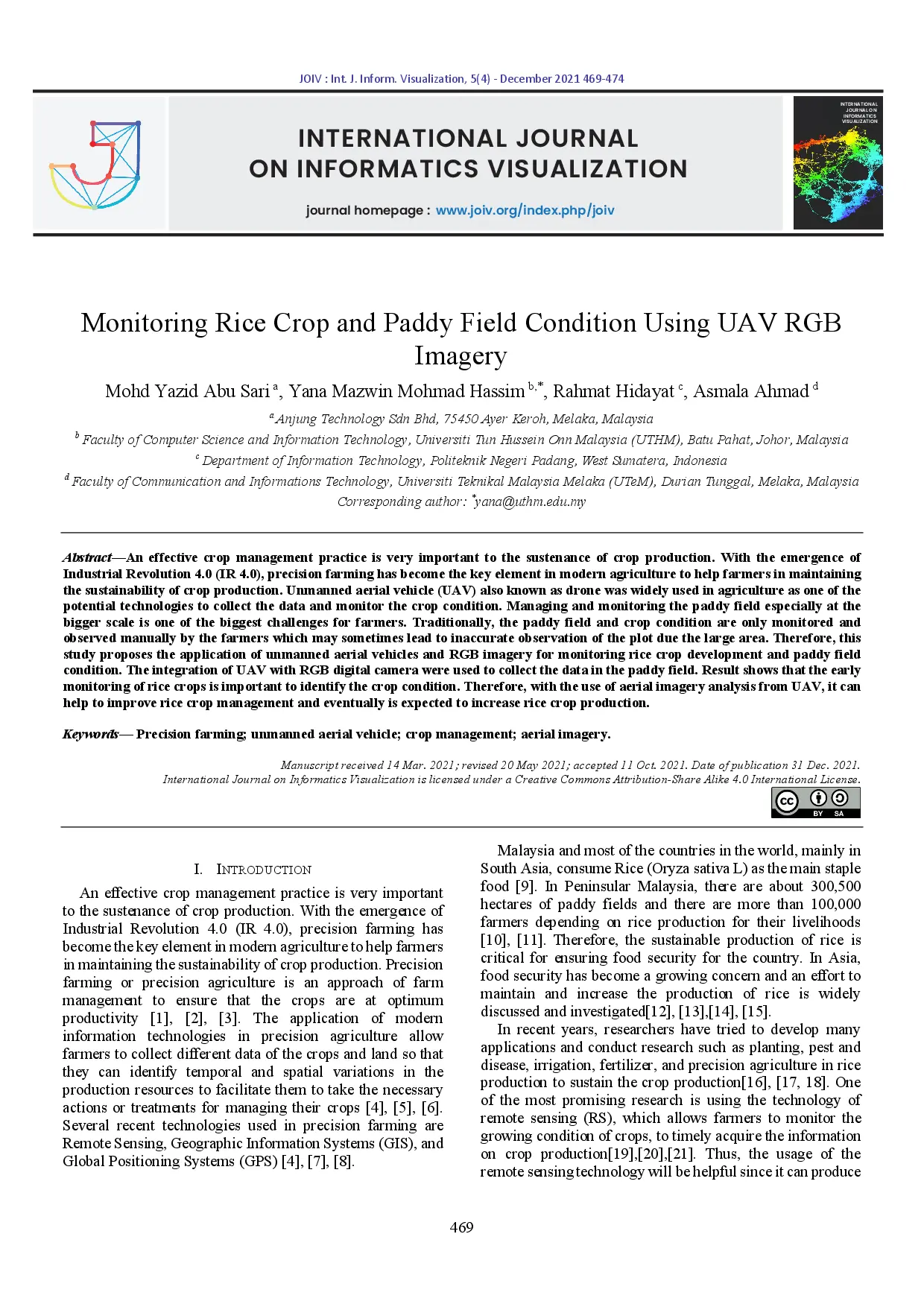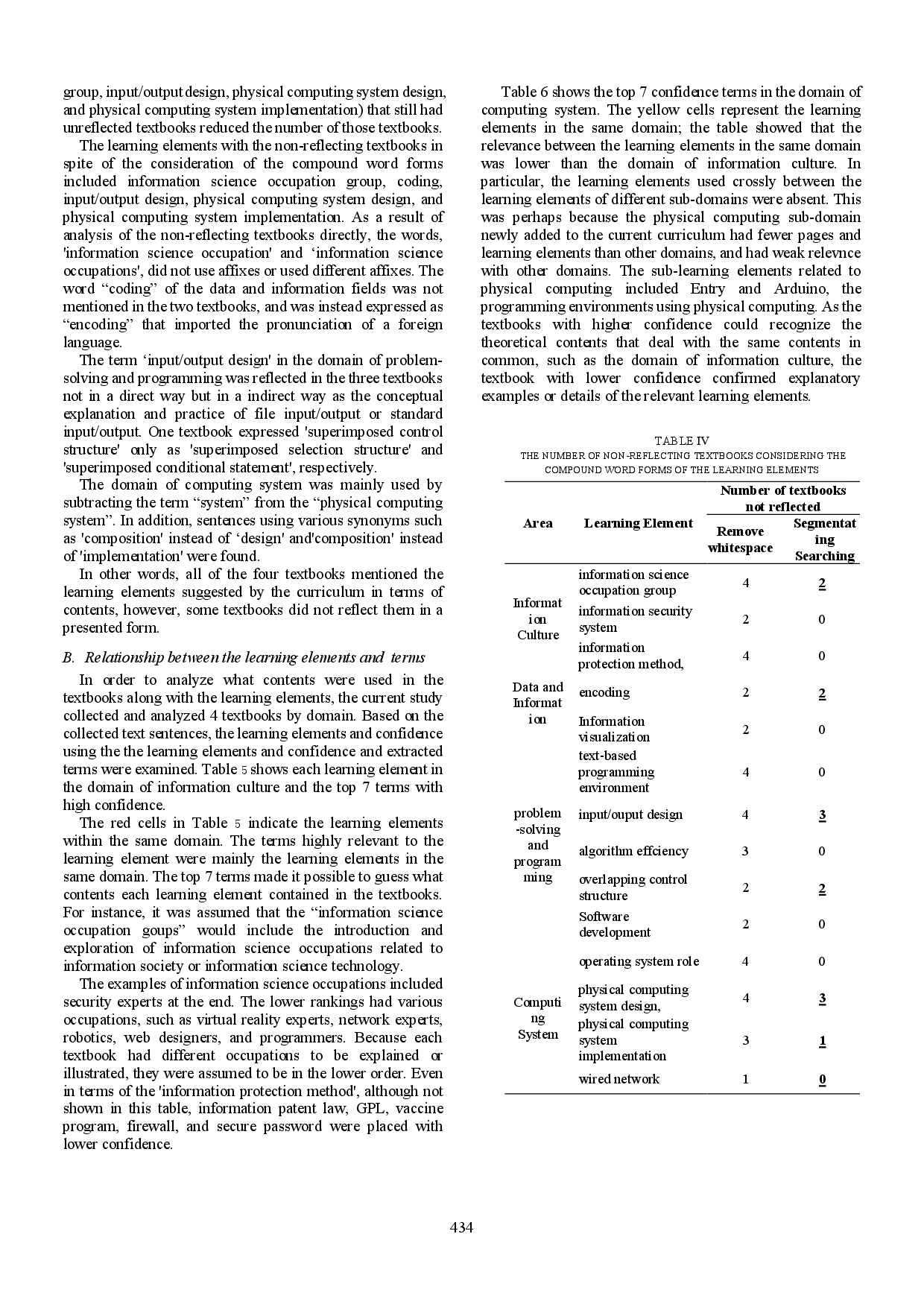JOIVJOIV
JOIV : International Journal on Informatics VisualizationJOIV : International Journal on Informatics VisualizationDistributed Denial of Service (DDoS) attacks are dangerous attacks that can cause disruption to server, system or application layer. It will flood the target server with the amount of Internet traffic that the server could not afford at one time. Therefore, it is possible that the server will not work if it is affected by this DDoS attack. Due to this attack, the network security environment becomes insecure with the possibility of this attack. In recent years, the cases related to DDoS attacks have increased. Although previously there has been a lot of research on DDoS attacks, cases of DDoS attacks still exist. Therefore, the research on feature selection approach has been done in effort to detect the DDoS attacks by using machine learning techniques. In this paper, to detect DDoS attacks, features have been selected from the UNSW-NB 15 dataset by using Information Gain and Data Reduction method. To classify the selected features, ANN, Naïve Bayes, and Decision Table algorithms were used to test the dataset. To evaluate the result of the experiment, the parameters of Accuracy, Precision, True Positive and False Positive evaluated the results and classed the data into attacks and normal class. Hence, the good features have been obtained based on the experiments. To ensure the selected features are good or not, the results of classification have been compared with the past research that used the same UNSW-NB 15 dataset. To conclude, the accuracy of ANN, Naïve Bayes and Decision Table classifiers has been increased by using this feature selection approach compared to the past research.
The research successfully developed an enhanced framework for DDoS attack detection utilizing machine learning techniques.The evaluation was conducted on the UNSW-NB 15 dataset, employing algorithms such as ANN, Naïve Bayes, and Decision Table with metrics like Accuracy, Precision, True Positive Rate, and False Positive Rate.The study demonstrated that Decision Table and Naïve Bayes classifiers are effective in differentiating between DDoS attacks and normal network traffic.Furthermore, the feature selection approach using Information Gain improved classification results compared to previous research.
Future research should explore the application of these machine learning techniques to a wider range of datasets beyond the UNSW-NB 15, to assess the generalizability and robustness of the proposed framework. Investigating the integration of deep learning models, such as Convolutional Neural Networks (CNNs) or Recurrent Neural Networks (RNNs), could potentially enhance the accuracy and efficiency of DDoS attack detection by automatically learning complex features from network traffic data. Additionally, research could focus on developing adaptive feature selection methods that dynamically adjust to evolving attack patterns and network conditions, improving the systems ability to detect novel and sophisticated DDoS attacks. These investigations will contribute to a more resilient and secure network infrastructure against the ever-increasing threat of DDoS attacks, and will provide a more comprehensive understanding of the effectiveness of different machine learning approaches in this critical area of cybersecurity.
| File size | 3.43 MB |
| Pages | 7 |
| DMCA | ReportReport |
Related /
JOIVJOIV Dalam paper ini, Algoritma Penyerbukan Bunga (Flower Pollination Algorithm/FPA) ditingkatkan menggunakan Dynamic switch probability untuk meningkatkanDalam paper ini, Algoritma Penyerbukan Bunga (Flower Pollination Algorithm/FPA) ditingkatkan menggunakan Dynamic switch probability untuk meningkatkan
JOIVJOIV Untuk mengatasi masalah ini, diperlukan pemilihan fitur dengan pembobotan fitur. Selain pemilihan fitur dengan memberikan bobot fitur, ada juga pemilihanUntuk mengatasi masalah ini, diperlukan pemilihan fitur dengan pembobotan fitur. Selain pemilihan fitur dengan memberikan bobot fitur, ada juga pemilihan
JOIVJOIV The research highlights the importance of considering the interconnection of HARQ, ARQ, and SCC mechanisms when analyzing the characteristics of the LTEThe research highlights the importance of considering the interconnection of HARQ, ARQ, and SCC mechanisms when analyzing the characteristics of the LTE
JOIVJOIV Makalah ini mengusulkan model BiLSTM‑CNN yang menggabungkan Bidirectional Long‑Short Term Memory Recurrent Neural Network dengan Convolutional NeuralMakalah ini mengusulkan model BiLSTM‑CNN yang menggabungkan Bidirectional Long‑Short Term Memory Recurrent Neural Network dengan Convolutional Neural
Useful /
JOIVJOIV Server Moodle sentral dipasang sebagai server LMS utama, dan metode untuk menghubungkan atau melengkapi dengan server Moodle sentral diusulkan untuk setiapServer Moodle sentral dipasang sebagai server LMS utama, dan metode untuk menghubungkan atau melengkapi dengan server Moodle sentral diusulkan untuk setiap
JOIVJOIV With the emergence of Industrial Revolution 4. 0 (IR 4. 0), precision farming has become the key element in modern agriculture to help farmers in maintainingWith the emergence of Industrial Revolution 4. 0 (IR 4. 0), precision farming has become the key element in modern agriculture to help farmers in maintaining
JOIVJOIV Hasil analisis mengungkapkan bahwa buku teks tidak merefleksikan beberapa unsur pembelajaran dalam bentuk sebagaimana disajikan kurikulum, menyiratkanHasil analisis mengungkapkan bahwa buku teks tidak merefleksikan beberapa unsur pembelajaran dalam bentuk sebagaimana disajikan kurikulum, menyiratkan
UGMUGM Paper ini meninjau kembali berbagai penelitian sebelumnya di bidang integrasi pasar modal dan menerapkan International Capital Asset Pricing Model sederhanaPaper ini meninjau kembali berbagai penelitian sebelumnya di bidang integrasi pasar modal dan menerapkan International Capital Asset Pricing Model sederhana
